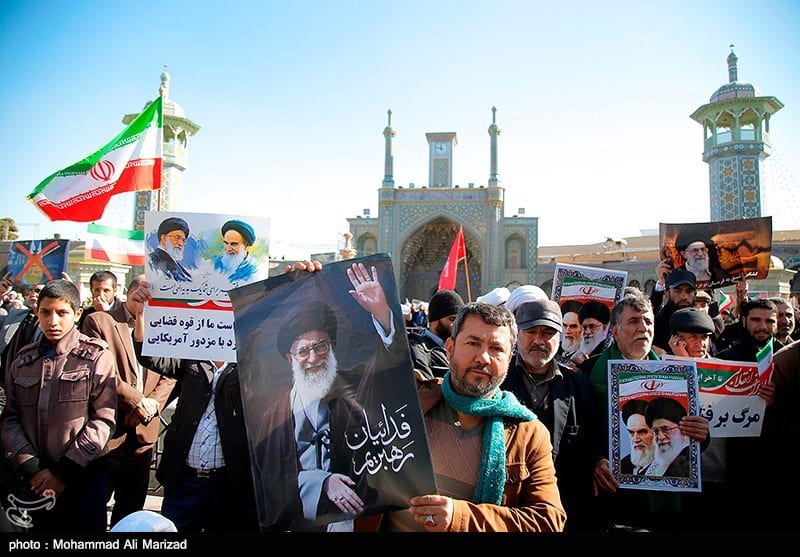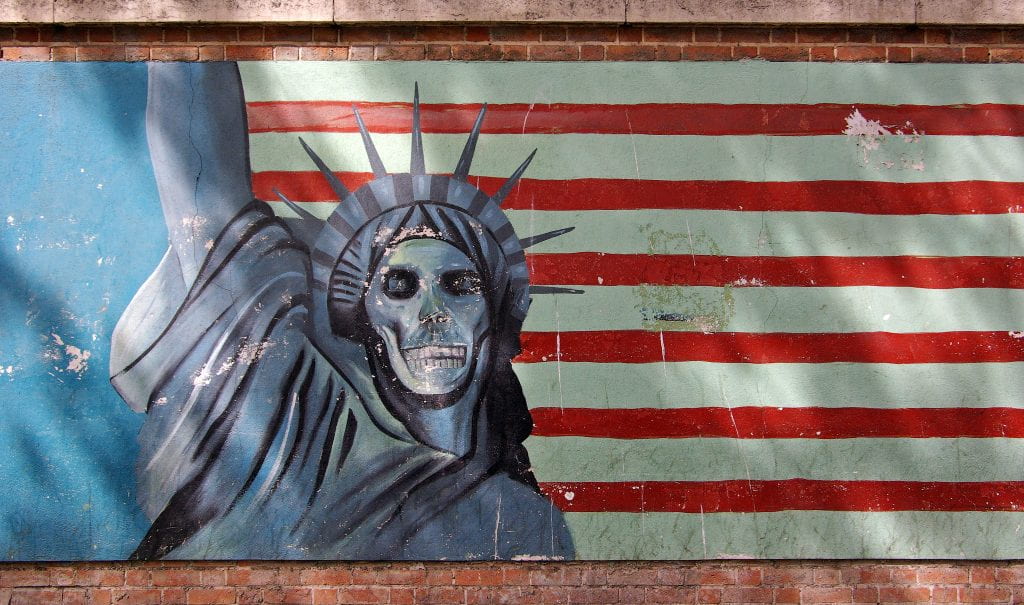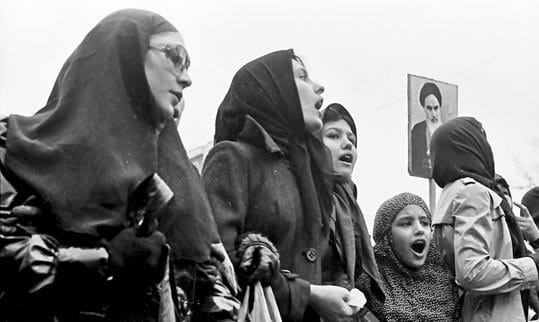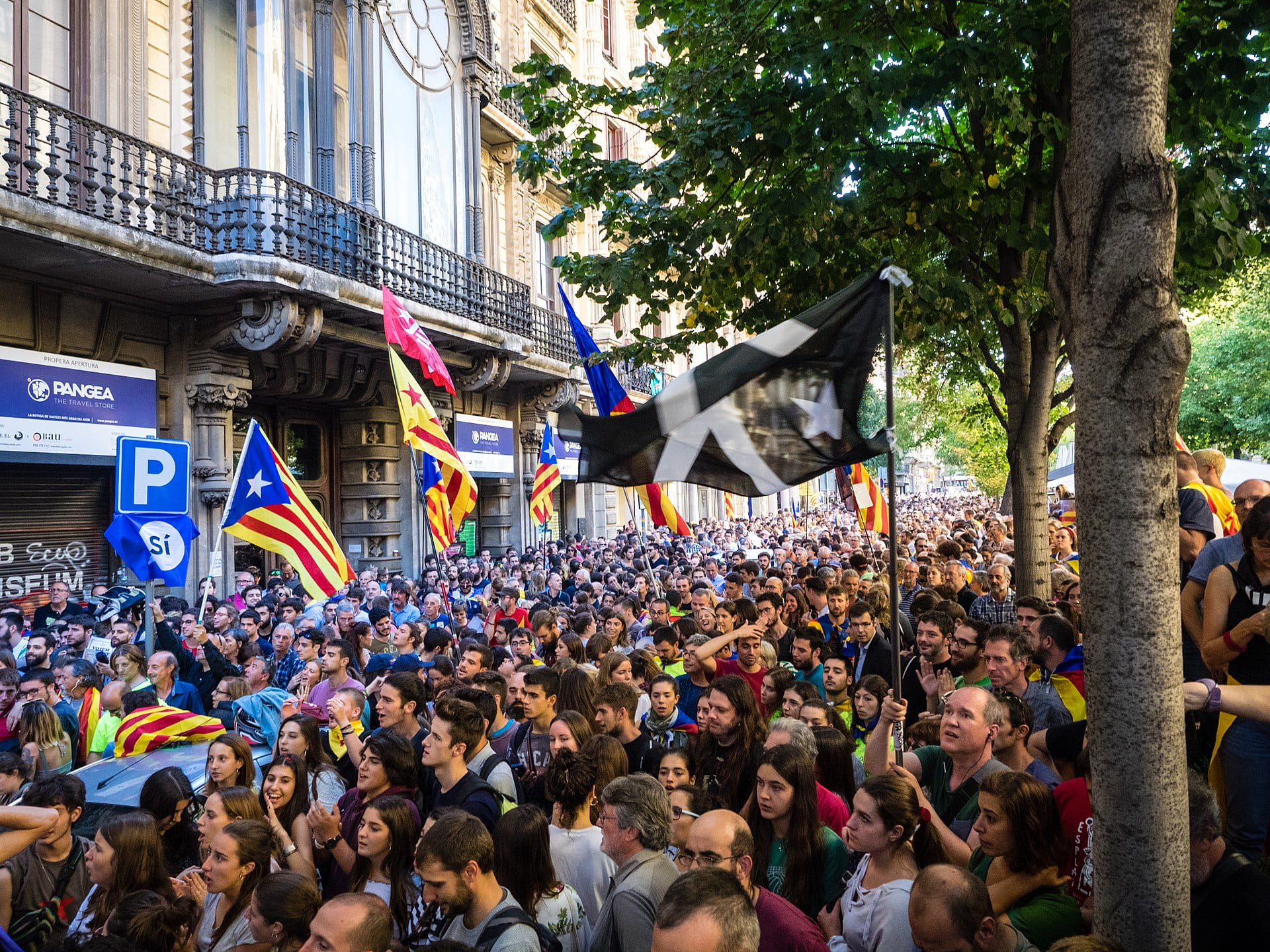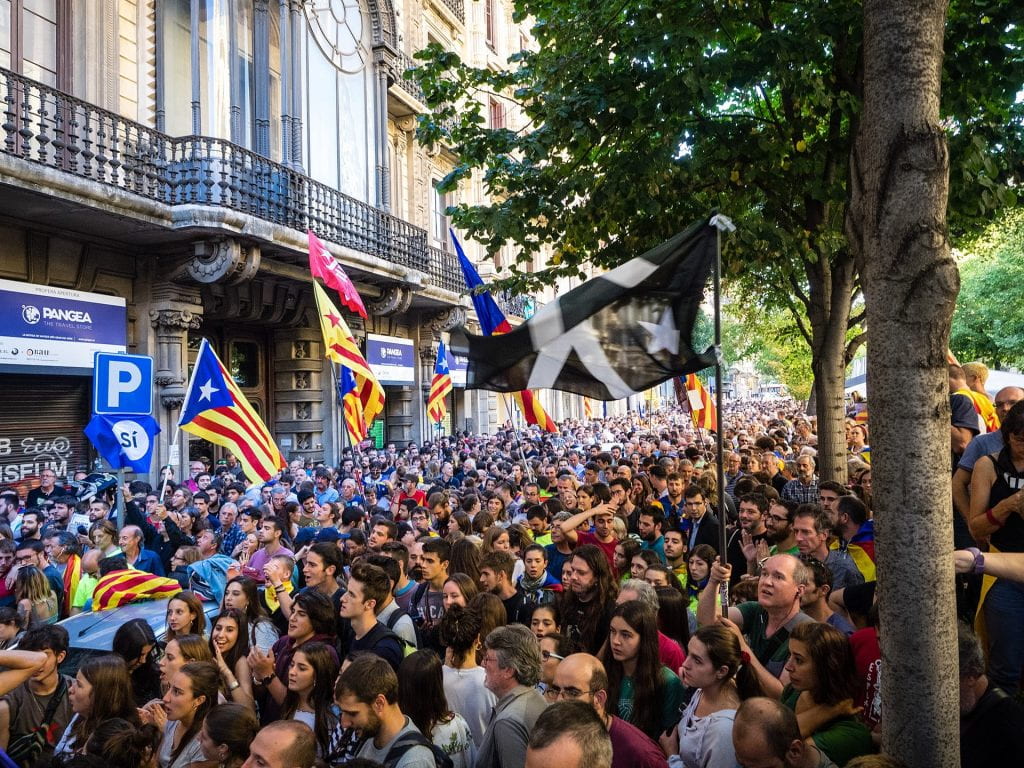
“Maria, you come out of the stable and look at the lights of Bethlehem with chaste eyes. Where the bird is. And now Archangel Gabriel, please,” the director shouts at his cast, motioning them to their positions. He continues, “Frieda, you’re receiving the Redeemer. I can’t see that.” At first glance, an unsuspecting observer might err in thinking that they were witnessing a rehearsal for a biblical reenactment or a Christmas pageant; however, a closer look would swiftly reveal the naked truth: a pornographic film in the making. Actors of both sexes in varying stages of undress, young boys in sexualized cherubic costume – if any misgivings remained about the reality of the production, they would soon be laid to rest by the arrival of the police. “Ladies and gentlemen, form an orderly row, pack away your genitals and keep your mouths shut,” the police inspector commanding the raid barks, referring to the director as “a rat” for his role in spreading “the filth with those little boys.” How does the director defend himself against such allegations? “Art is free,” he protests, “you will have to prove I’m not an artist.”
Although one would not be remiss in thinking this scenario occurred in a modern-day United States in which nearly eighty million people visit Pornhub every day and the boundaries of cultural libertinism seem to be constantly extended, in actuality, it occurred in a new Netflix series – Babylon Berlin – accurately dramatizing the Weimar Republic of interwar Germany. Constructed atop the ruins of Imperial Germany in the aftermath of World War One, the Weimar Republic represented the first German experiment in mass democracy and classical liberalism, an ideology oriented around the idea that individuals inherently possess certain natural rights. With this newfound emphasis on the individual, many Germans – theoretically liberated from the emphasis on community and tradition promoted by the elites of Imperial Germany – began a decade-long process of transforming their country into a laboratory in which the social experiments of the twenty-first century originated (Moeller, 2009).
However, intertwined with more questionable experimentation – as detailed in Babylon Berlin – existed one of the first attempts to institutionalize human rights, even though such rights failed to achieve codification until the aftermath of World War II. The German League of Human Rights, although founded as early as 1914, advocated for freedom of speech for political dissidents, civil rights for sexual and ethnic minorities, and opposed the rising tide of anti-Semitism in interwar Germany (Wildenthal, 2008). Meanwhile, the controversial founder of the Institute for Sexual Research, Magnus Hirschfield, established the first gay-rights organization – the Scientific-Humanitarian Committee – and pioneered arguments in favor of granting rights to individuals identifying as transgender (Lind, 2007). Even the Weimar Republic itself, almost completely dysfunctional due to political infighting and polarization, sought the establishment of group rights in order to protect German minorities separated from the Vaterland following partition after World War I (Mazower, 2004). Inspired by these events in the place of his birth, Henry Gerber emigrated to the United States where he sought to continue the struggle for human rights by founding one of its first human rights organizations, the Society for Human Rights.
Although the Weimar Republic initially achieved great progress in immunizing the national culture against human rights abuses, its other experiments – particularly those of a sexual nature – afflicted interwar German society in the manner of a deadly contagion. Even in a healthy body, a powerful contagion possesses the capacity to generate tremendous amounts of damage, however, interwar Germany did not constitute an ideal host – it suffered from two distinct deficiencies allowing the contagion to gain more strength than normally possible. From the beginning, the Weimar Republic, as the product of military defeat, failed to achieve widespread legitimacy in Germany (Peukert, 1993). This lack of legitimacy combined with the deleterious aftereffects of World War I:
Culturally, it discredited optimistic and progressive views of the future, and cast doubt upon liberal assumptions about natural human harmony. Socially, it spawned armies of restless veterans (and their younger brothers) looking for ways to express their anger and disillusion without heed for old-fashioned law or morality. Politically, it generated economic and social strains that exceeded the capacity of existing institutions – whether liberal or conservative – to resolve. (Paxton, 2005, p. 28)
Ultimately, these deficiencies proved the Weimar Republic, and its advances in human rights, ephemeral. However, the ideas of the Conservative Revolution demonstrated far greater resiliency – they continue to influence the global political scene through the rhetoric and ideology of both the European far right and political Islam.
A Conservative Yet Revolutionary Critique of Human Rights
Coming of age in this time of systemic failure, a group of German intellectuals and philosophers – later referred to as the German Conservative Revolution (Mohler, 1989) – developed much of the modern rhetoric against human rights and liberalism. At first glance, the term German Conservative Revolution appears incoherent; however, unlike traditional conservatives, these intellectuals did not seek to preserve the established order, nor did they simply seek to turn back the clocklike mere reactionaries. Instead, they sought to combine select elements of the past with acceptable aspects of the present in order to construct an alternate and, in their opinion, much improved modernity. As Göran Dahl notes, the movement appeared:
Conservative in that they wanted to save the nation and protect German culture, and revolutionary because they thought one had to be active and decisive in order to create a new order beyond liberalism, socialism, capitalism, individualism, and parliamentary democracy. The key difference between the leftist and rightest conceptions of revolution was that while the former called for a change in ‘structure’ – political, economic, and social conditions – the latter emphasized a need for a different consciousness, a spiritual reawakening of both heart and mind. (Dahl, 1996, p.26)
In this new order, human rights receive no role – indeed, they effectively cease to exist. Profoundly influenced by the political trends of their era – namely, Social Darwinism and Nationalism – the German Conservative Revolution awarded very little credence to the idea of a common humanity. Martin Heidegger, a leading member of the German Conservative Revolution and one of the foremost philosophers of the twentieth century (Barrett, 1990), contended that the term people “cannot mean humanity, but an organic collective sharing identical ‘cultural’ values” (Dahl, 1996). Likewise, Carl Schmitt posited a Manichean universe populated by a variety of different groups, each of which relates to the others by labeling them either as friends or enemies (Schmitt, 2007).
This idea of a fractured humanity became especially influential among those who served in the trenches along the Western Front during World War I. These individuals, such as Ernst Jünger and Helmut Franke, scoffed at “all the pacifist and international theories of humanity” (Woods, 1990). How could anyone, they ask, believe in a common humanity after witnessing a “jagged piece of iron [as it] bursts out of the dust and noise senselessly in front of staring gazes and knocks them down, tears them to pieces, obliterates them” (Woods, 1990)?
Despite their loss of faith in humanity, they did not perceive humans primarily as individuals either. In their experience, the individual soldier – alone and atomized – suffered from anomie, depression, and anxiety, dwelling on his own mortality in the shadow of artillery explosions and machine-gun fire. The individual rights championed by the Weimar Republic possessed little appeal for them. On the other hand, the soldier as a member of a unit received support, protection, and distraction from his war-weariness while in the company of his fellow infantrymen. Their service in the trenches crystallized within them the importance of their national community, their fellow ethnic Germans – as evidenced by their mantra that “suffering and dying is meaningless; suffering and dying for a grand idea is honorable; suffering and dying for the fatherland is sacred” (Woods, 1990). Upon their return to Germany, the returning soldiers hoped to create “a state based on the experience of the soldiers in the front line,” an organic collective rooted in tradition and sustained “by the values of comradeship, fraternity, and community which were learnt in the face of mortal danger” (Woods, 1990).
At a more abstract level, Heidegger argued that the individual only achieves “true being” – true existence – as part of “a mutual and collective project”united by a “mutual context of understanding” (Dahl, 1996). The ethnically homogenous nation represented the highest and most sacred of these projects, and a combination of shared ethnicity, language, religion, and other factors created mutual understanding between members of the nation. However, this shared understanding presumed hierarchy rather than equality – the ethnic German took precedence over the foreigner, those able to further the nation through reproduction took precedence over those who could not. To Heidegger, “there is no freedom outside of organic communities, no rational individuals beyond their boundaries, and if there is opposition, it must be crushed in the name of the true and great existence” (Dahl, 1996). The rights of the collective receive precedence over the rights of the individual, while the prescription for those who refuse to conform entails removal or elimination.
While conflict between collectives does not represent an inevitable outcome, the German Conservative Revolutionaries routinely single out one country for criticism: the United States. In their eyes, the United States represents:
The ultimate example of civilization without culture; rich and comfortable, materially advanced but soulless and artificial; assembled or at best constructed, not grown; mechanical not organic; technologically complex but without the spirituality and vitality of the rooted, human, national cultures of the Germans and other “authentic peoples.” (Lewis, 2004, p. 69)
Responsible for abstract human rights, consumerism, individualism, materialism, sexual libertinism and other undesirable aspects of modernity, the United States – in the eyes of its German critics – becomes the modern equivalent of the sinful and decadent city of Babylon.

The Modern Offspring of the Conservative Revolution
Eventually, the German Conservative Revolution succumbed to an even more radical movement, the NSDAP of Adolf Hitler, which appropriated and repackaged many of its ideas (Mohler, 1989) to appeal to the segments of Weimar Germany distraught by the cultural changes dramatized in Babylon Berlin. However, as Robert Paxton notes, the intellectuals of the German Conservative Revolution, “though sometimes considered the creators of fascism[,] actually account better for the space made available for fascism than they do for fascism itself” (Paxton, 2005).
At this point, some may ask themselves, “What does an early twentieth century political movement and its critique of human rights matter to a citizen of the twenty-first century?”
Mere decades after World War II, the ideas of the German Conservative Revolution began circulating throughout Western Europe once again. The Nouvelle Droite of France, in conjunction with its various sister movements in neighboring countries, exposed the European population to this German ideology through influential media organs, such as Le Figaro and Junge Freiheit (Bar-On, 2012). According to Tamir Bar-On, “the entire European extreme right-wing political spectrum from the Italian Lega Nord (Northern League – LN) to Vlaams Belang (Flemish Interest) in Belgium have been influenced by” the Nouvelle Droite (Bar-On, 2012) and, thus, by extension the German Conservative Revolution. The spread of these ideas through the previously mentioned parties and media organs “helped engender the Pan-European cultural shift” (Bar-On, 2012) that made the current far-right populist wave a reality.
However, the ideas of the German Conservative Revolution did not halt at the frontiers of the European continent. The main ideologues of the Iranian Revolution of 1979 – Ali Shariati, Ahmad Fardid, and Jalal Al-e Ahmad – employed these ideas increating the intellectual superstructure of the Islamic Republic (Mirsepassi, 2011). During the same time period, major Islamist politicians and philosophers in both Turkey (Aydin, 2006) and the Arab world (Tamimi, 2001) similarly adopted this rhetoric.
In the twenty-first century, the main opponents of classical liberalism and human rights constitute the European far right and Political Islamists, both of which employ the arguments of these German intellectuals. Therefore, understanding the appeal of the ideas of the German Conservative Revolution to these movements and their voters represents a matter of increasing importance for those dedicated to defending both liberalism and human rights.
To those cocooned for their entire existence within an era dominated by a liberalism seemingly possessing no viable opponents, the idea that many people around the globe view liberalism as artificial, oppressive, and even dehumanizing seems irrational – after all, Americans regularly hear the virtues of individualism, consumerism, secularism, and other aspects of liberalism. Yet, for others, the anti-liberal, anti-human rights ideas that originated with the German Conservative Revolution possess a concrete and thoroughly rational basis for belief. Young Germans, emerging from the brutal trench warfare of World War I, developed these ideas as a response to the tremendous social and cultural dislocation they experienced upon returning home to a Germany they barely recognized. In the twenty-first century, these ideas appear in response to similar contexts: a Middle East undergoing a rapid series of modernization, industrialization, foreign humiliation, secularization, and cultural experimentation (Mirsepassi, 2011; Lewis, 2004; Aydin, 2006); and a Europe suffering from post-industrialization, large numbers of migrants, and a crisis of identity (Murray, 2017).
As in the 1920s and 1930s, cultivating empathy for the “Other,” understanding these ideas and the conditions that spur their popularity, remains the fundamental challenge facing supporters of liberalism and human rights. Although the path often seems perilous and difficult, the active cultivation of this empathy represents the only meaningful path towards bridging the divides currently surfacing throughout the world.
References
Aydin, C. (2006). Between Occidentalism and the Global Left: Islamist Critiques of the West in Turkey. Comparative Studies of South Asia, Africa, and the Middle East, 26(3), 446-461.
Bar-On, T. (2012). Intellectual Right-Wing Extremism – Alain de Benoist’s Mazeway Resynthesis since 2000. In U. Backes & P. Moreau (Eds.), The Extreme Right in Europe: Current Trends and Perspectives (pp. 333-358). Göttingen: Vandenhoeck & Ruprecht.
Barrett, W. (1990). Irrational Man: A Study in Existential Philosophy. New York, NY: Anchor Books.
Dahl, G. (1996). Will ‘The Other God’ Fail Again? On the Possible Return of the Conservative Revolution. Theory, Culture, & Society, 13(1), 25-50.
Lewis, B. (2004). The Crisis of Islam: Holy War and Unholy Terror. New York, NY: Random House.
Lind, A., & Brzuzy, S. (Eds.). (2007). Battleground: Women, Gender, and Sexuality (Vol. 2). Westport, CT: Greenwood.
Mazower, M. (2004, June). The Strange Triumph of Human Rights, 1933-1950. The Historical Journal, 47(2), 379-398.
Mirsepassi, A. (2011). Political Islam, Iran, and the Enlightenment: Philosophies of Hope and Despair. New York, NY: Cambridge University Press.
Moeller, R. G. (2009). The Nazi State and Germany Society. Boston, MA: Bedford/St. Martin’s.
Mohler, A. (1989). Die Konservative Revolution in Deutschland, 1918-1932: Ein Handbuch. Darmstadt, Germany: Wissenschaftliche Buchgesellschaft.
Murray, D. (2017). The Strange Death of Europe: Immigration, Identity, Islam. New York, NY: Bloomsbury.
Paxton, R. (2005). The Anatomy of Fascism. New York, NY: Vintage Books.
Peukert, D. (1993). The Weimar Republic: The Crisis of Classical Modernity. (R. Deveson, Trans.). New York, NY: Hill & Wang
Schmitt, C. (2007). The Concept of the Political (Expanded ed.). (G. Schwab, Trans.). Chicago, IL: University of Chicago Press.
Tamimi, A. S. (2001). Rachid Ghannouchi: A Democrat within Islamism. New York, NY: Oxford University Press.
Wildenthal, L. (2008, September). Human Rights Activism in Occupied and Early West Germany: The Case of the German League for Human Rights. The Journal of Modern History, 80(3), 515-556.
Woods, R. (1990, January). The Conservative Revolution and the First World War: Literature as Evidence in Historical Explanation. The Modern Language Review, 85(1), 77-91.
